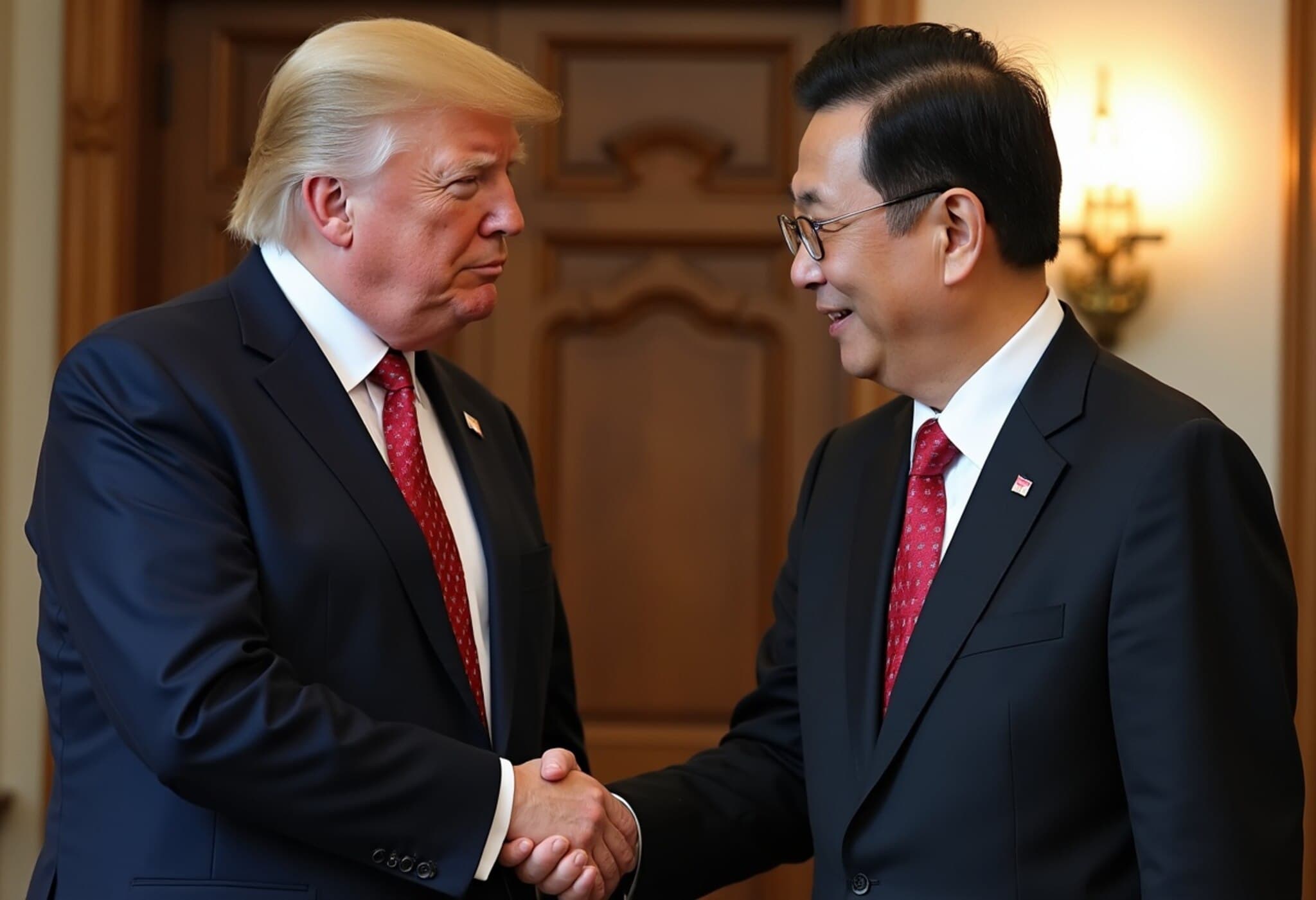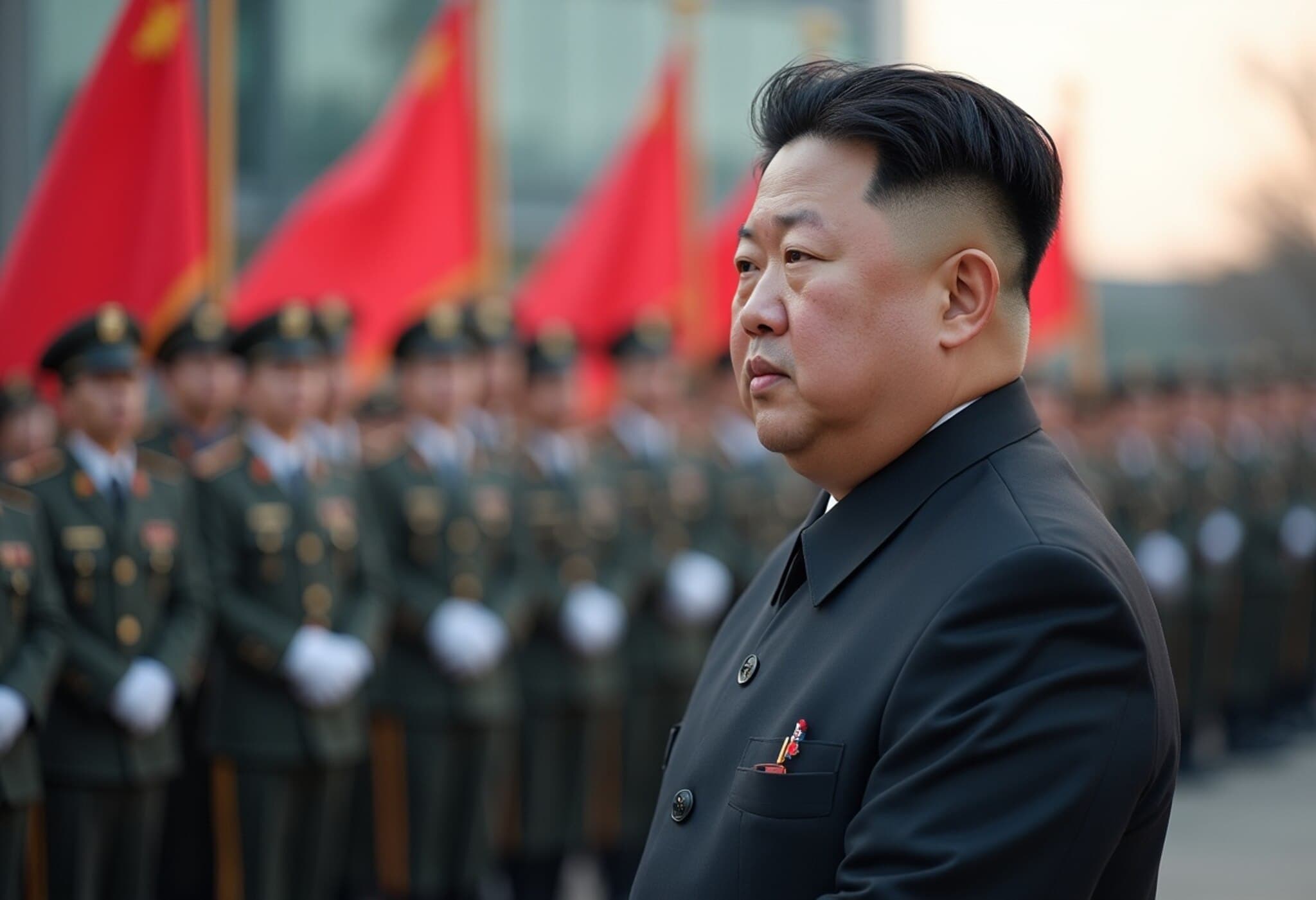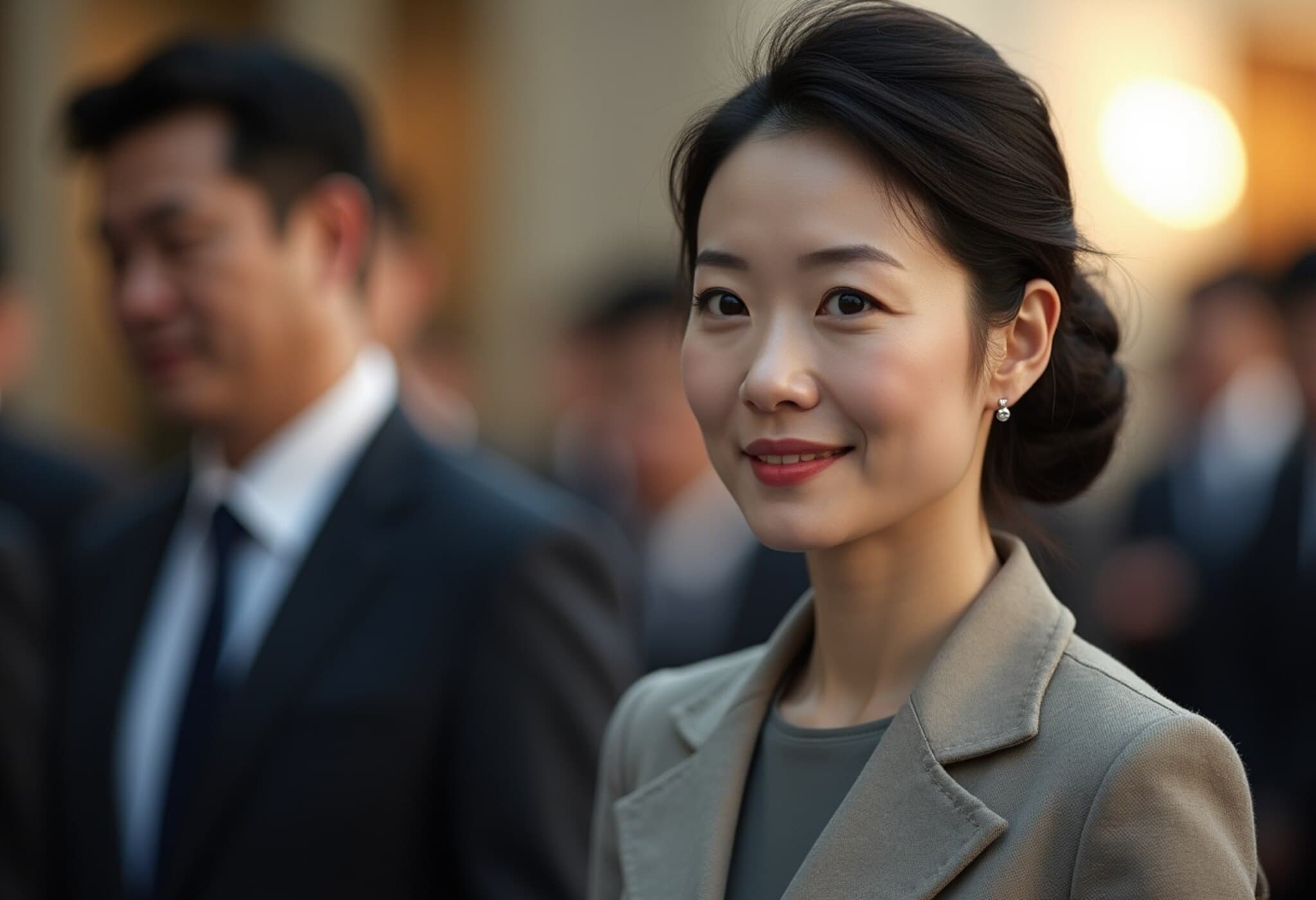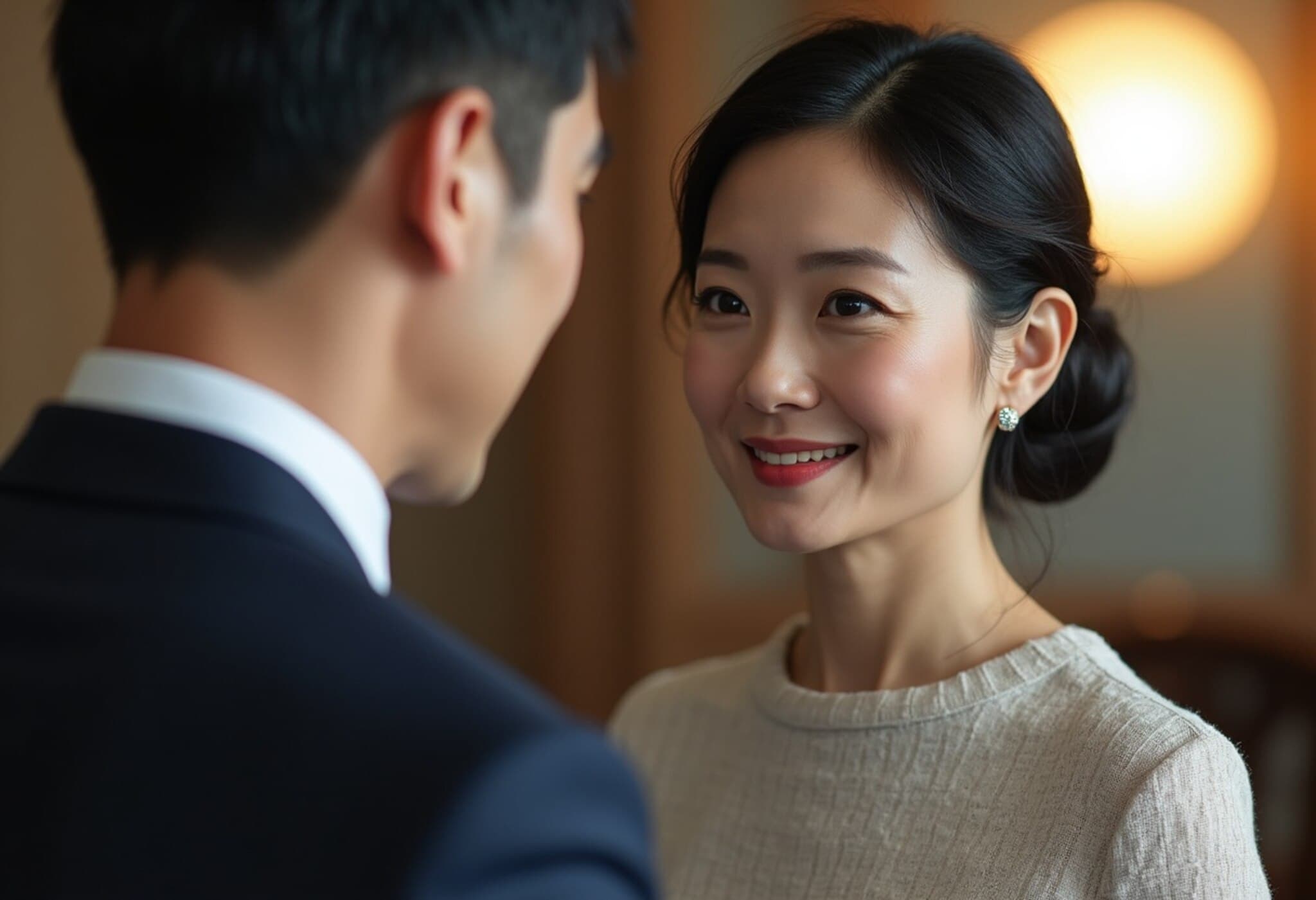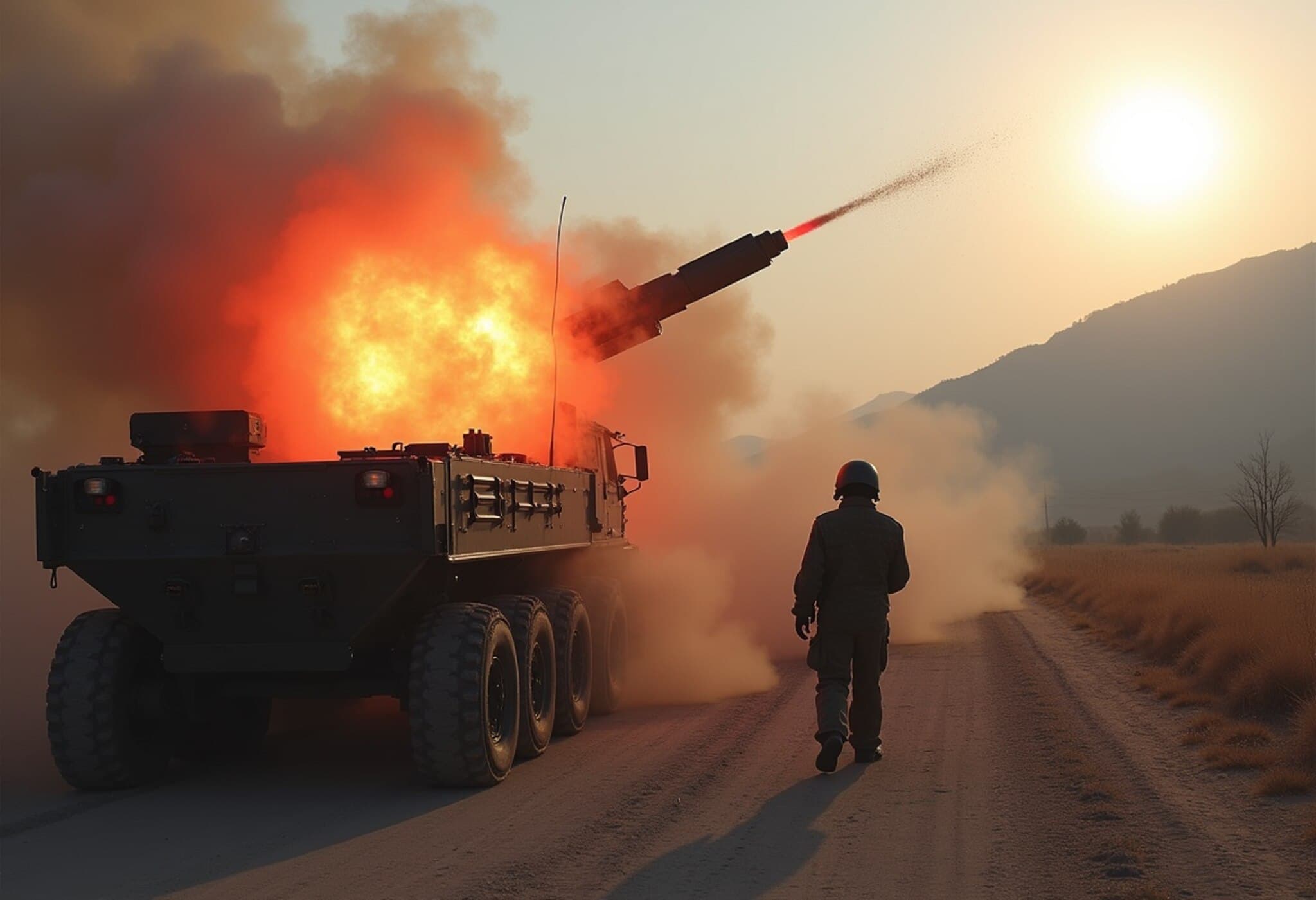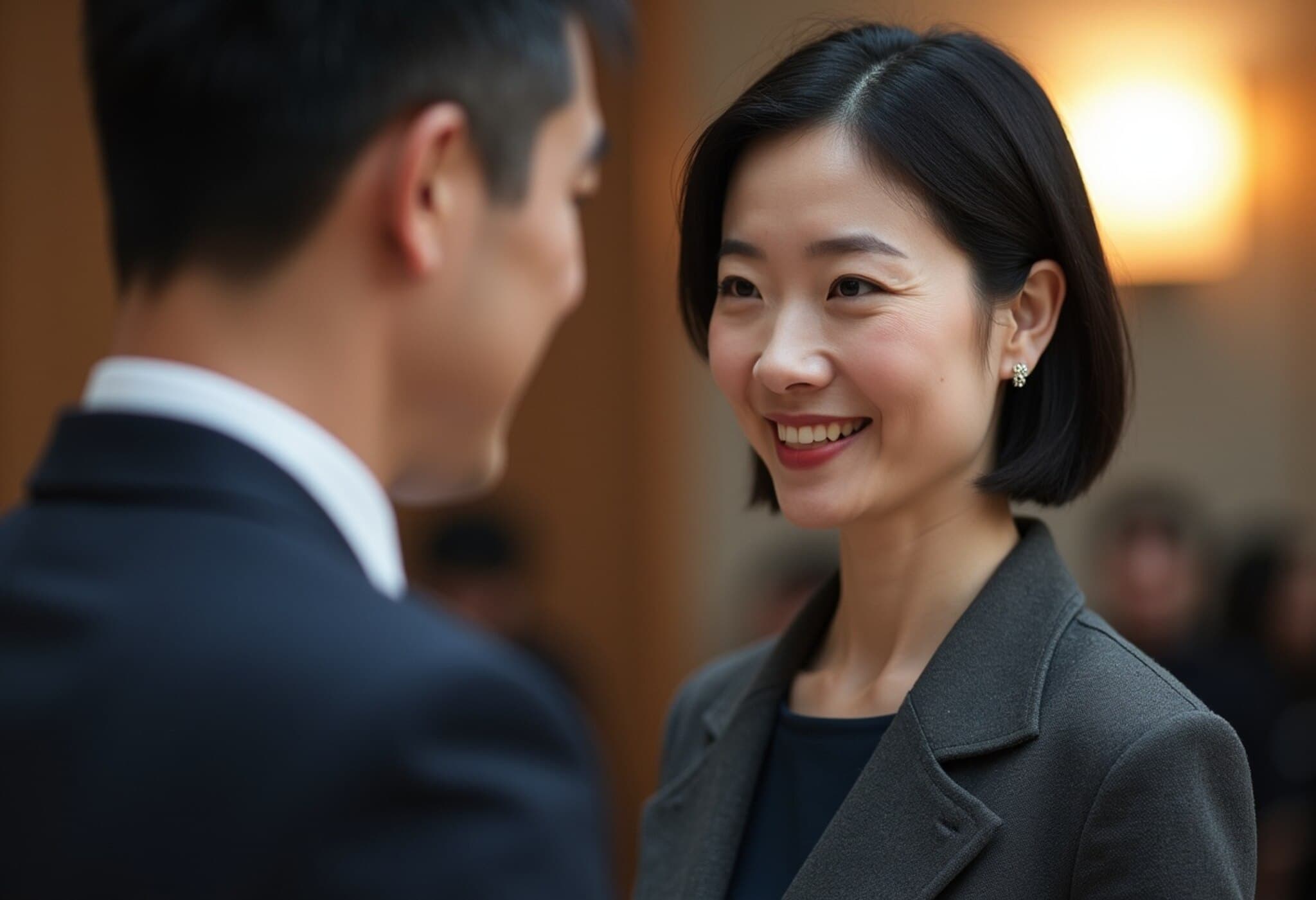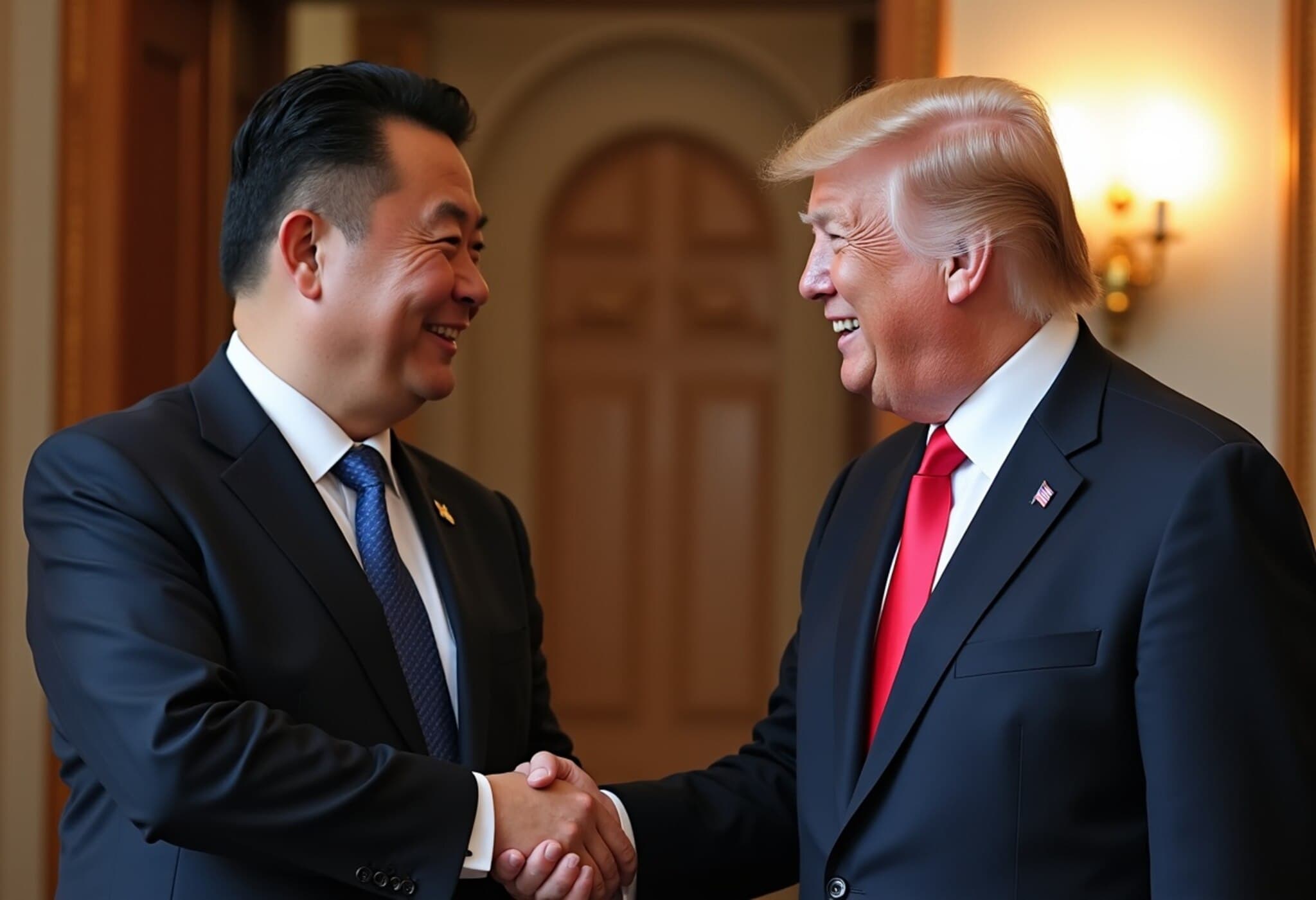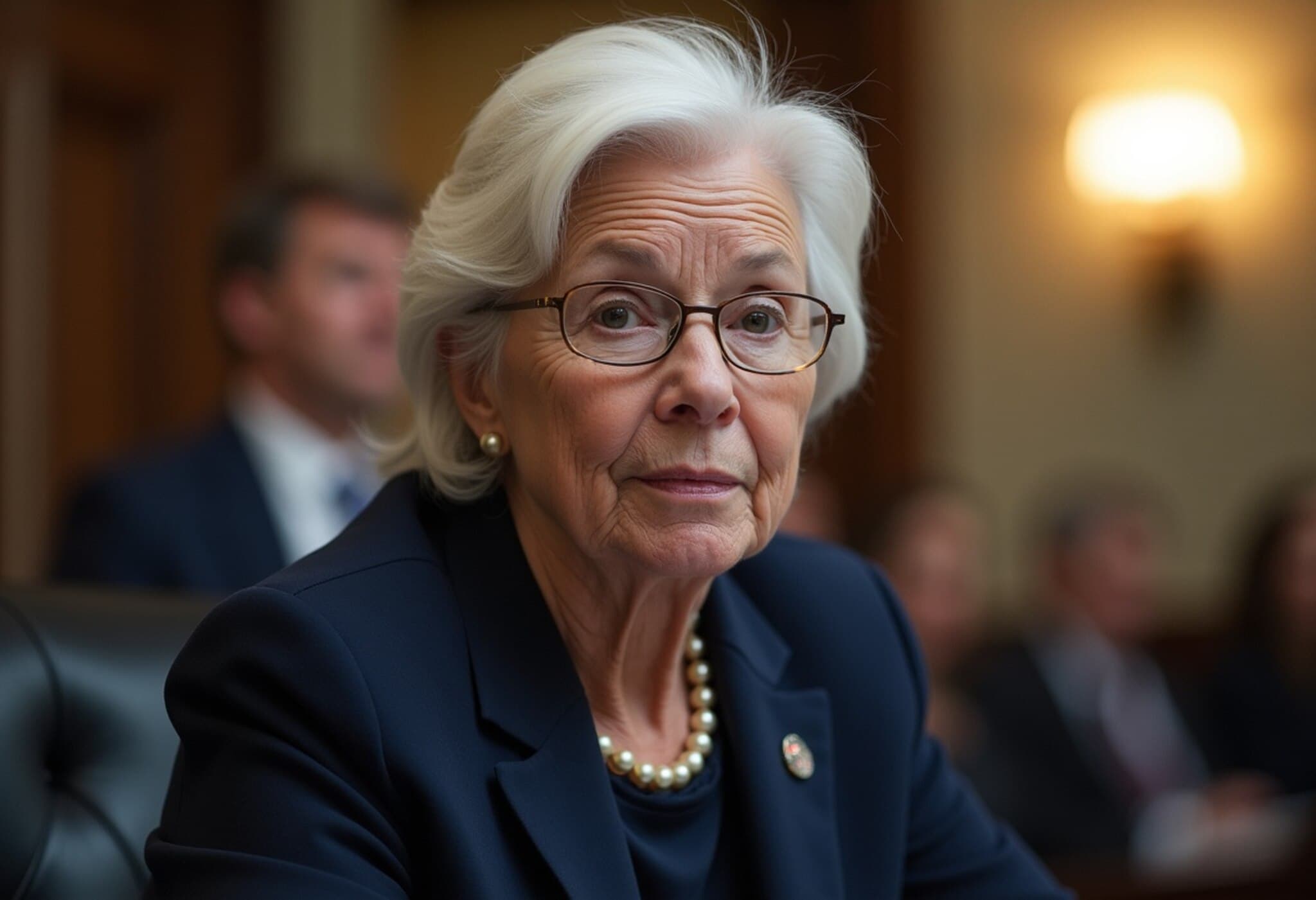Trump Raises Historic Wound in Talks with South Korean President Lee Jae Myung
During a high-profile meeting at the White House on August 25, 2025, US President Donald Trump addressed the powerful and sensitive topic of “comfort women” while hosting South Korean President Lee Jae Myung. Although the discussion broadly covered security cooperation, North Korea’s nuclear threat, and economic partnerships, Trump’s candid remarks on this historical issue reverberated deeply, touching a raw nerve in Seoul.
Understanding the 'Comfort Women' Controversy
“Comfort women” refers to the thousands of women and girls, primarily from Korea but also other occupied regions, who were forcibly conscripted into sexual slavery by the Japanese Imperial Army during World War II. This chapter of history, marked by human trafficking sanctioned at a state level, remains one of the most painful and unresolved legacies in East Asia’s 20th-century history.
Historians estimate that up to 200,000 women were subjected to this brutal system, which inflicted deep trauma on survivors and their families. The term itself has been scrutinized by advocates for being a euphemism that obscures the brutal realities these women endured.
Trump's Comments: A Delicate Diplomatic Moment
In his remarks, President Trump acknowledged the gravity of the issue but framed it controversially, stating: "The whole issue of the women. Comfort women. Very specifically. We talked and that was a very big problem for Korea, not for Japan. Japan was, wanted to go, they want to get on. But Korea was very stuck on that."
By underscoring Japan’s desire to move past the issue and suggesting Korea was more “stuck,” Trump’s comment reflected the lingering tensions between Seoul and Tokyo over how history has been addressed — or insufficiently resolved.
Historical Context: The 2015 Korea-Japan Agreement
In 2015, South Korea and Japan reached a landmark deal aimed at settling the comfort women dispute. Tokyo issued a formal apology and pledged 1 billion yen (approximately $6.8 million) to a fund for surviving victims. While this agreement was hailed as a step forward by many in the international community, it remains deeply contentious domestically in South Korea.
President Lee recently expressed to Japanese media that although overturning the 2015 accord would be “undesirable,” many South Koreans find it difficult to accept. Lee described the comfort women issue as “heartbreaking” and called for Japan to continue engaging directly with survivors to foster reconciliation.
Japan’s Stance and Regional Diplomatic Frictions
Japan maintains that the 2015 treaty “irreversibly” resolved the issue as long as both countries honor their commitments. However, comfort women remains one of the most explosive subjects in Korea-Japan relations, fueling nationalist sentiments and diplomatic friction.
Survivors and advocacy groups consistently urge Tokyo to take fuller responsibility, issue unequivocal apologies, and provide more comprehensive reparations beyond what has been agreed. This impasse complicates efforts to deepen trilateral cooperation among the US, South Korea, and Japan — a strategic alliance crucial for countering North Korea’s nuclear ambitions and regional instability.
Implications for US Foreign Policy and Regional Stability
Trump’s blunt references to comfort women amidst talks point to the challenges US leaders face in balancing alliances with Seoul and Tokyo. While the US strongly supports security cooperation in Northeast Asia, acknowledging historical grievances is essential for sustained diplomatic harmony.
South Korean President Lee Jae Myung has emphasized that Japan remains a “very important country” for regional cooperation and economic integration. Yet, the comfort women issue persists as a barrier to full trust.
Looking Ahead: Healing Historical Wounds in Modern Diplomacy
The comfort women legacy underscores how unresolved historical injustices continue to shape contemporary international relations. True reconciliation likely demands sincere dialogue, survivor-centered approaches, and mutual political will. For the US, South Korea, and Japan, bridging this historical chasm could unlock more robust collaboration to address shared security and economic challenges in the Asia-Pacific.
Editor’s Note
This episode highlights the complex interplay between historical memory and diplomacy in Northeast Asia. It prompts us to question: how can nations reconcile traumatic pasts while forging strong strategic partnerships? As the US seeks to mediate and lead on regional security, the comfort women issue reminds us that genuine peace requires confronting uncomfortable truths with empathy and commitment.
For readers interested in policy and international relations, following the evolving Korea-Japan dialogue remains crucial for understanding the future of East Asian geopolitics.

